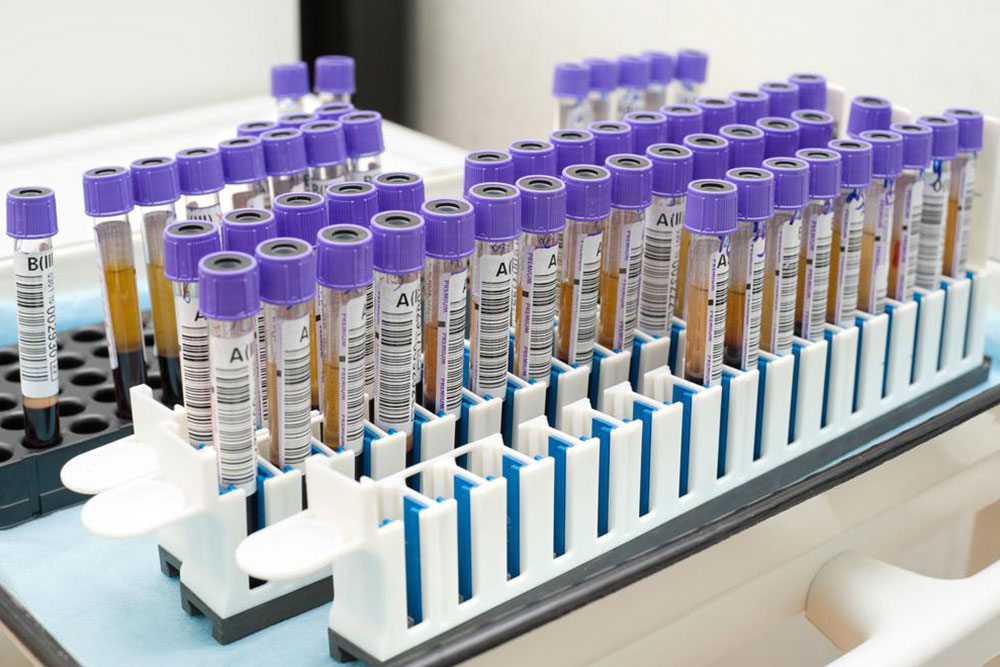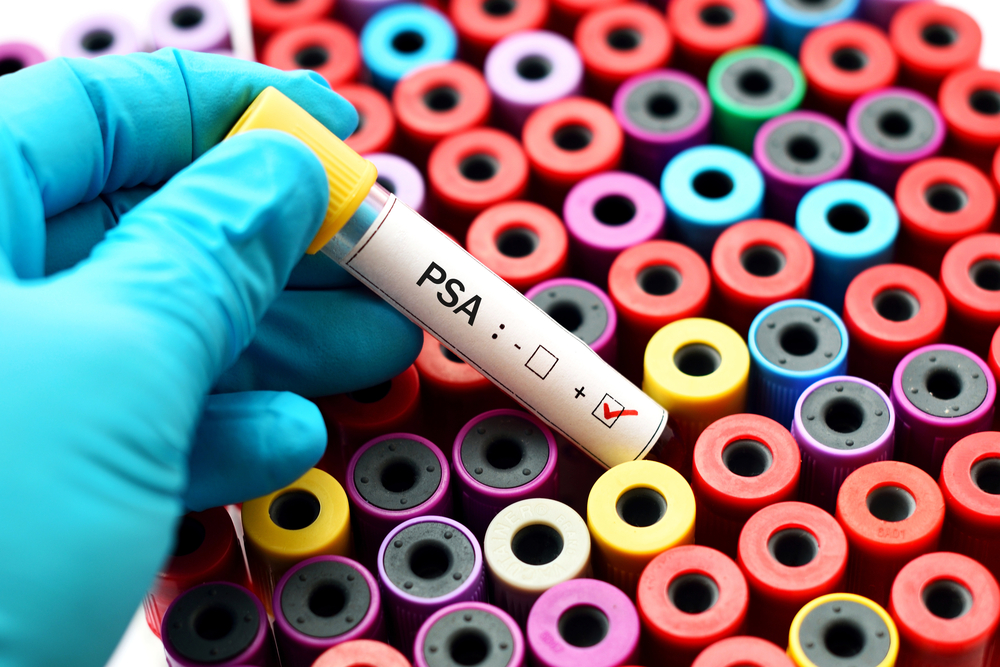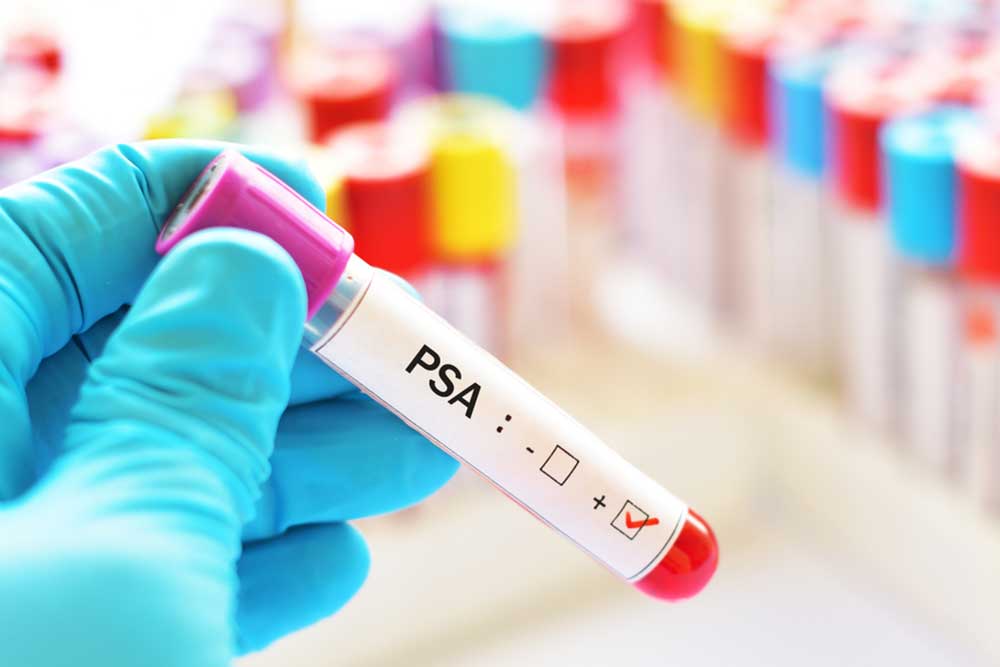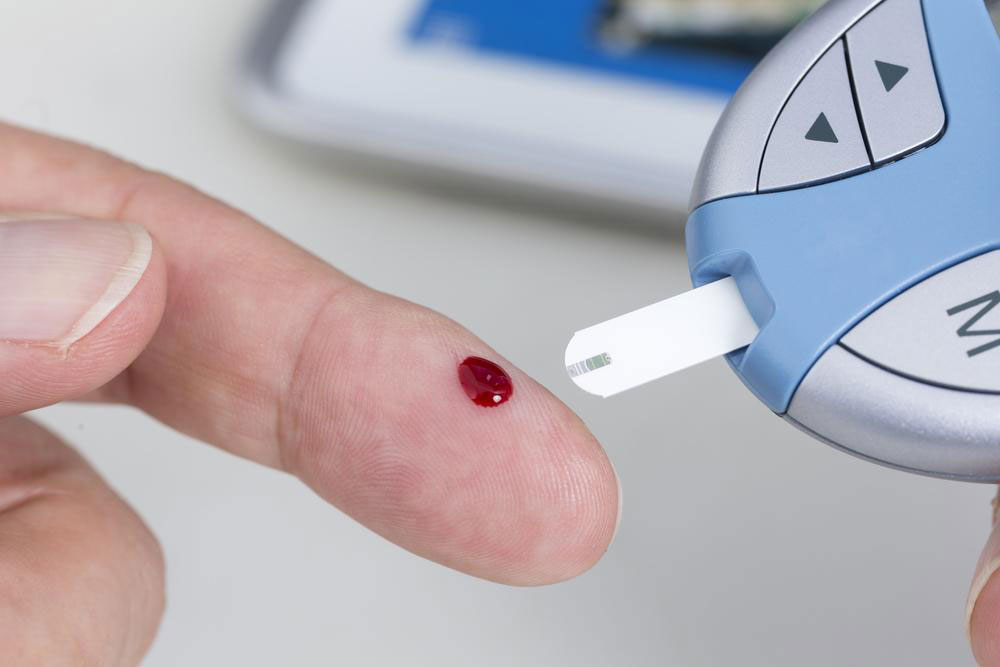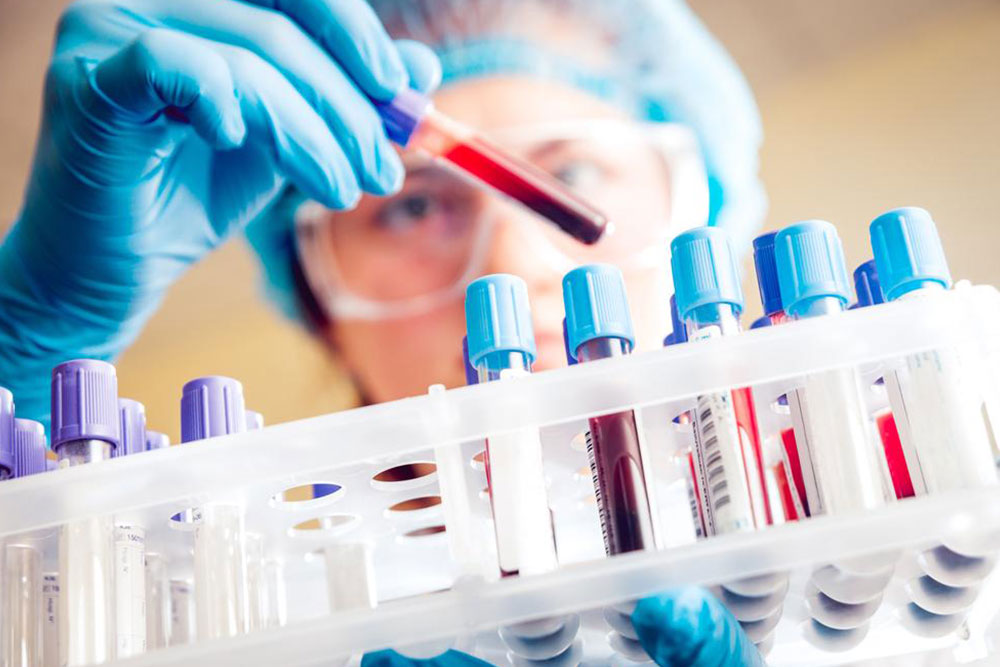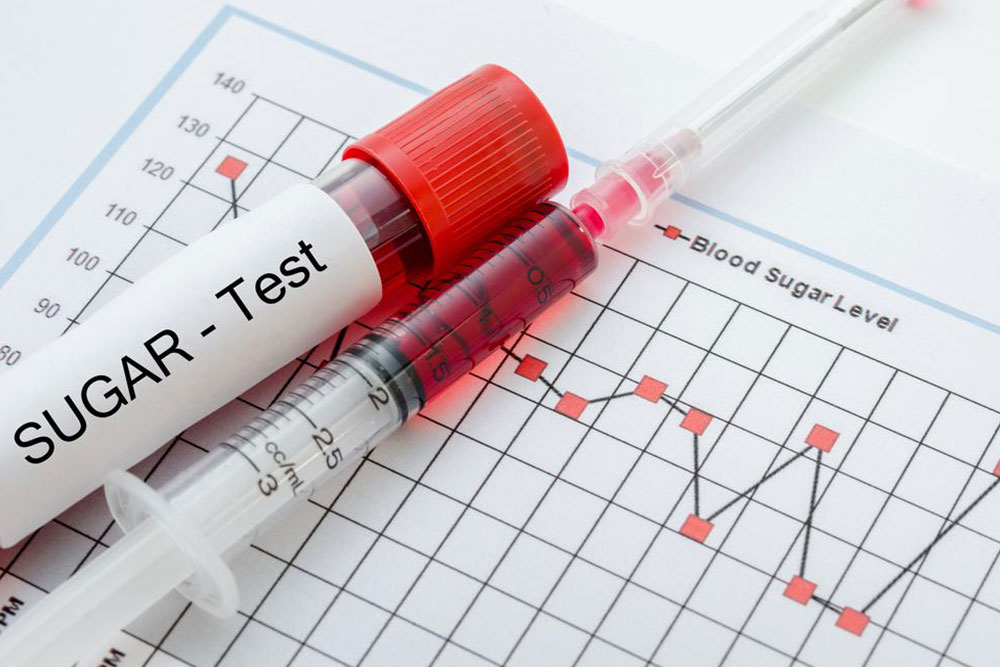Comprehensive Overview of Prostate-Specific Antigen (PSA) Blood Testing
This article provides a detailed overview of PSA blood testing, its purpose, preparation, and interpretation. PSA levels help detect prostate issues early but require further testing for accurate diagnosis. Regular screening is vital for men's health, especially as prostate cancer is common. Understanding PSA testing, normal ranges, and potential causes of elevated levels can aid in better health decisions. Always consult your doctor for personalized advice and follow-up procedures after testing.

Comprehensive Overview of Prostate-Specific Antigen (PSA) Blood Testing
The prostate gland, part of the male reproductive system, secretes a protein called PSA (prostate-specific antigen). A PSA blood test is a key tool in detecting prostate cancer. During the test, a blood sample is collected to measure PSA levels. Elevated PSA levels may suggest prostate cancer or inflammation, but other factors must also be considered for accurate diagnosis. Regular screening helps detect prostate issues early, especially since prostate cancer is among the most common cancers in men. Typical PSA levels vary with age and health status.
Before testing, inform your doctor about any medications you are using, as some may affect PSA readings. Aside from this, no special preparation is needed. The PSA test is primarily used to detect prostate cancer, monitor treatment effectiveness, and evaluate prostate health during examinations. While a higher PSA can signal cancer, further tests such as biopsies are necessary to confirm diagnosis. Normal PSA levels are generally below 4.0 ng/ml, but thresholds can differ with age. Elevated PSA can also result from benign conditions like enlarged prostate, infections, recent ejaculation, or invasive procedures. Consult your healthcare provider for guidance on testing and interpretation.
Note: While PSA testing is a valuable screening tool, it is not definitive for prostate cancer. Diagnosis requires additional procedures such as biopsies. PSA levels can be influenced by benign conditions, so results must be interpreted cautiously, considering age, health status, and other factors. Always discuss potential risks and benefits with your healthcare provider before testing.


